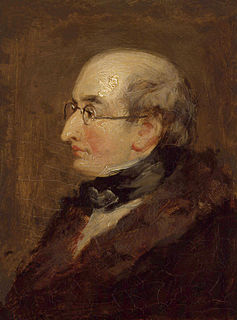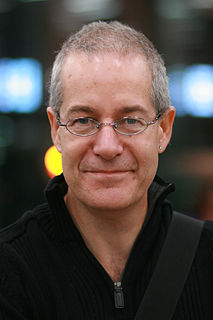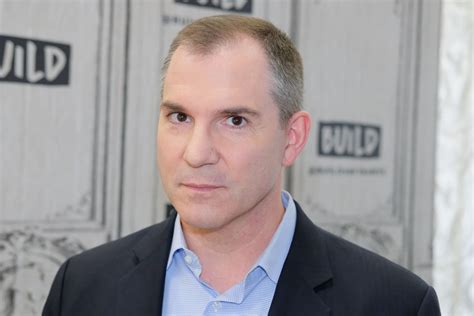A Quote by Benjamin Haydon
Mistrusts sometimes come over one's mind of the justice of God. But let a real misery come again, and to whom do we fly? To whom do we instinctively and immediately look up?
Related Quotes
Before prayer, endeavour to realise Whose Presence you are approaching and to Whom you are about to speak, keeping in mind Whom you are addressing. If our lives were a thousand times as long as they are we should never fully understand how we ought to behave towards God, before Whom the very Angels tremble, Who can do all He wills, and with Whom to wish is to accomplish.
The man who knows God but does not know his own misery, becomes proud. The man who knows his own misery but does not know God, ends in despair...the knowledge of Jesus Christ constitutes the middle course because in him we find both God and our own misery. Jesus Christ is therefore a God whom we approach without pride, and before whom we humble ourselves without despair.
It is one of the great ironies of human history that some mortals with incorrect understanding of God and life's purposes sometimes scold God because of the abundance of human misery and suffering-which, indeed, lies all about us. Such individuals almost dare God to demonstrate His existence by straightening things out-and at once! But He is a much different kind of Father than that. Surely it is requisite to eternal life that we come to know God and Jesus Christ whom He has sent (see John 17:3).
You're not going to be able to look like anyone else, no matter how hard you try, unless you're a mimic, then you're not acting, you're just mimicking. You can't go on being John Wayne, that's John Wayne. So you're not going to steal from John Wayne. I'm not going to steal from John Wayne and you're not going to come back and say 'Didn't you get that from the circus?' You know. But he is one of those people who instructs me, whom I look up to - whom I think is one of the masters of his craft that I am so enamoured of.
We have Americans who are voting for someone in whom they have confidence, about whom they have hope, because at after the election 2016 whoever wins is going to have to govern. And when you look at the tenor of this campaign, and when you look at the way people feel about these candidates and how partisan our country is for starters, how does the winner govern? I mean that's the real, real problem.
Slavery naturally tends to destroy all sense of justice and equity. It puffs up the mind with pride: teaches youth a habit of looking down upon their fellow creatures with contempt, esteeming them as dogs or devils, and imagining themselves beings of superior dignity and importance, to whom all are indebted. This banishes the idea, and unqualifies the mind for the practice of common justice.
If you have never wept bitter tears because a wonderful story has come to an end and you must take your leave of the characters with whom you have shared so many adventures, whom you have loved and admired, for whom you have hoped and feared, and without whose company life seems empty and meaningless. If such things have not been part of your own experience, you probably won't understand what Bastian did next.








































